By Mariah Davidson
There is a lot of city to navigate for the one billion people on earth who identify as a person with a disability. Organizations like World ENABLED, G3ict, and others are encouraging cities to take steps to become “smart” and provide accessible infrastructure to allow those with disabilities to live as independently as possible.
In alignment with the UN Habitat goals to build more inclusive cities, the World Urban Forum (WUF) provides a framework to accomplish these goals. The WUF was established in 2001 to examine urban issues such as rapid urbanization, impact on communities, economies, policies, and climate change. The forum aims to raise awareness of sustainable urbanization among state actors and the public; improve the collective knowledge of sustainable urban development through inclusive debates; share lessons learned; and exchange best practices. In addition, the forum aims to increase coordination and cooperation between various stakeholders to implement sustainable urbanization. These lofty but reachable goals include accessibility for persons with disabilities.
Organizations and companies rising to the call of the World Urban Forum include World ENABLED. World ENABLED is an organization promoting the rights and dignities of persons with disabilities. Through fieldwork and research, they provide an inclusive human rights approach to policies. The organization works to build inclusive societies where people with disabilities can develop their talents, skills, and abilities to reach their full potential. In May 2017, World ENABLED and G3ict launched the Smart Cities for All toolkit to help city leaders, urban planners, and technology companies design accessible and inclusive cities for all citizens through various programs and services. These include emergency response, employment, public safety and justice, and financial services.
The toolkit allows users to differentiate between priority challenges and barriers to establishing inclusive smart cities. The toolkit encourages users to choose the evidence and arguments that will make the most impact when discussing accessible information and communication technologies with community stakeholders. Cities transitioning to “smart” are finding the power in networked sensors, big data, artificial intelligence, natural language, cloud computing, computer vision, and augmented reality. They have a great opportunity to include persons with disabilities and have the disability community benefit from these digital services.
Companies like Wheelmap and AXSMap are just the types of technology seen in inclusive smart cities. These apps are like a Yelp for accessibility. Wheelmap was designed to allow people with mobility impairments to plan their day and know what locations were accessible. Anyone can find and register a wheelchair accessible place through a traffic light system. The app also allows people to rate the accessibility of a location. Currently, over 750,000 cafes, libraries, restaurants, and many other places are covered, and roughly 300 are added daily.
AXSMap is similar. AXSMap allows citizens to host mapathons to increase the number of locations reviewed for accessibility in the database. The more information people provide, the better information people with mobility impairments will have to move about a community.
What might go unnoticed by an able-bodied person is essential to providing persons with disabilities a sense of independence. Accessibility features can include braille, to allow the visually impaired a way to navigate around building; elevators that are equipped with announcements and lights to signal your arrival; and ramps that permit wheelchairs to enter buildings. These apps allow taking accessibility to the next level.
These types of initiatives are excellent examples and are key to reaching the goals set by the World Urban Forum and for providing persons with disability a greater quality of life in all communities.
The opinions expressed on this blog by authors and those commenting are theirs alone, and do not necessarily reflect the opinions of IDPP, our sponsors or staff. IDPP is not responsible for the accuracy of any of the information provided by the bloggers. Any reproduction of this article must be credited to author and linked to the original.
